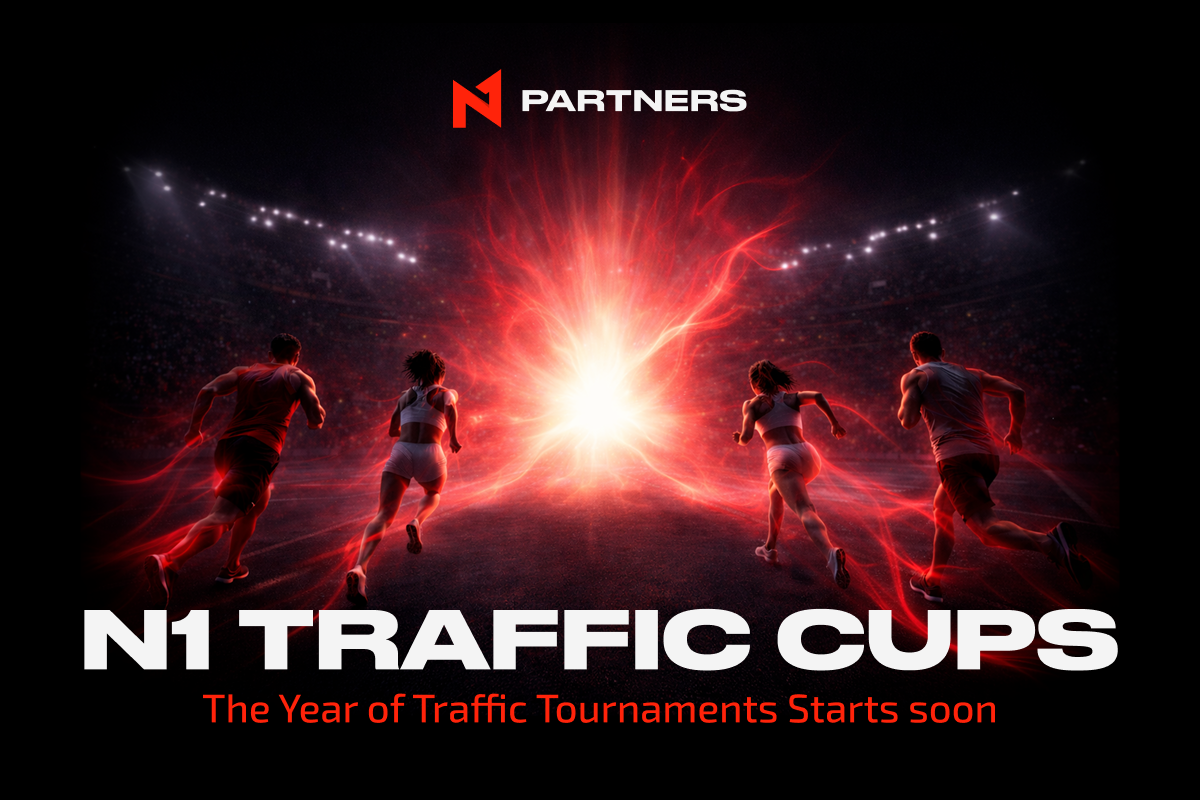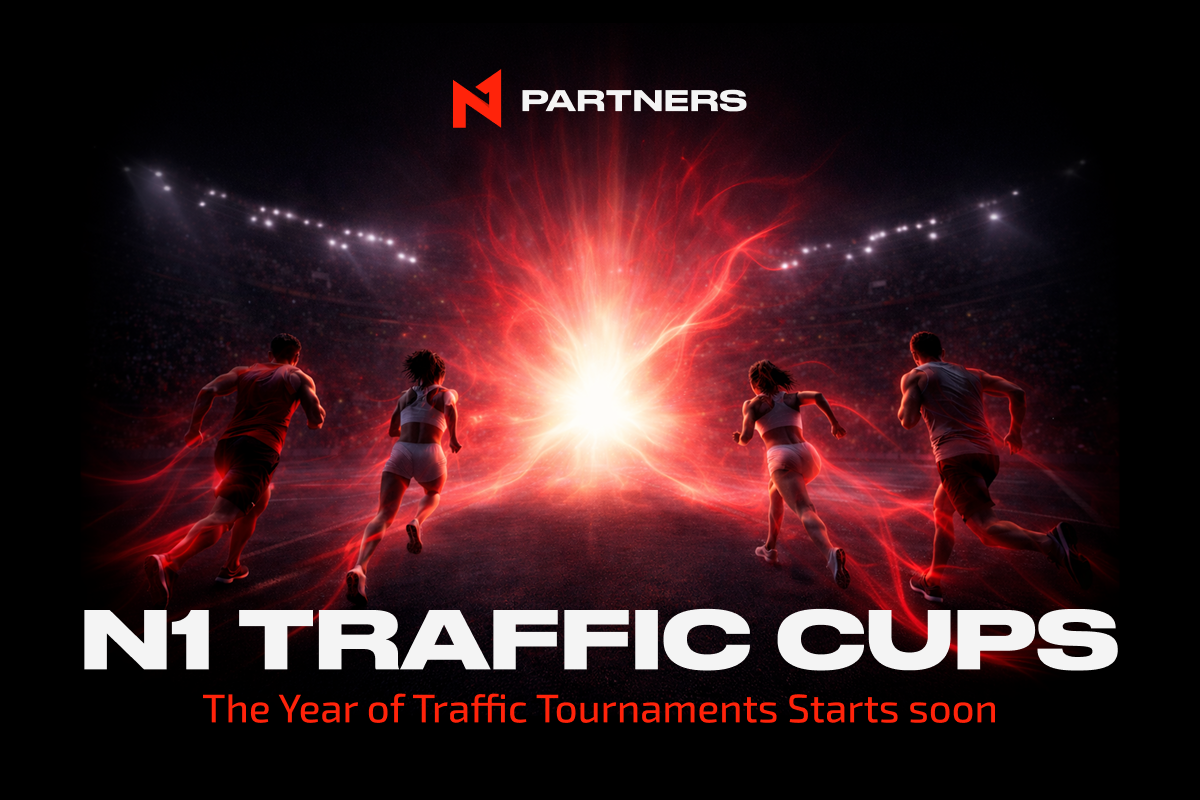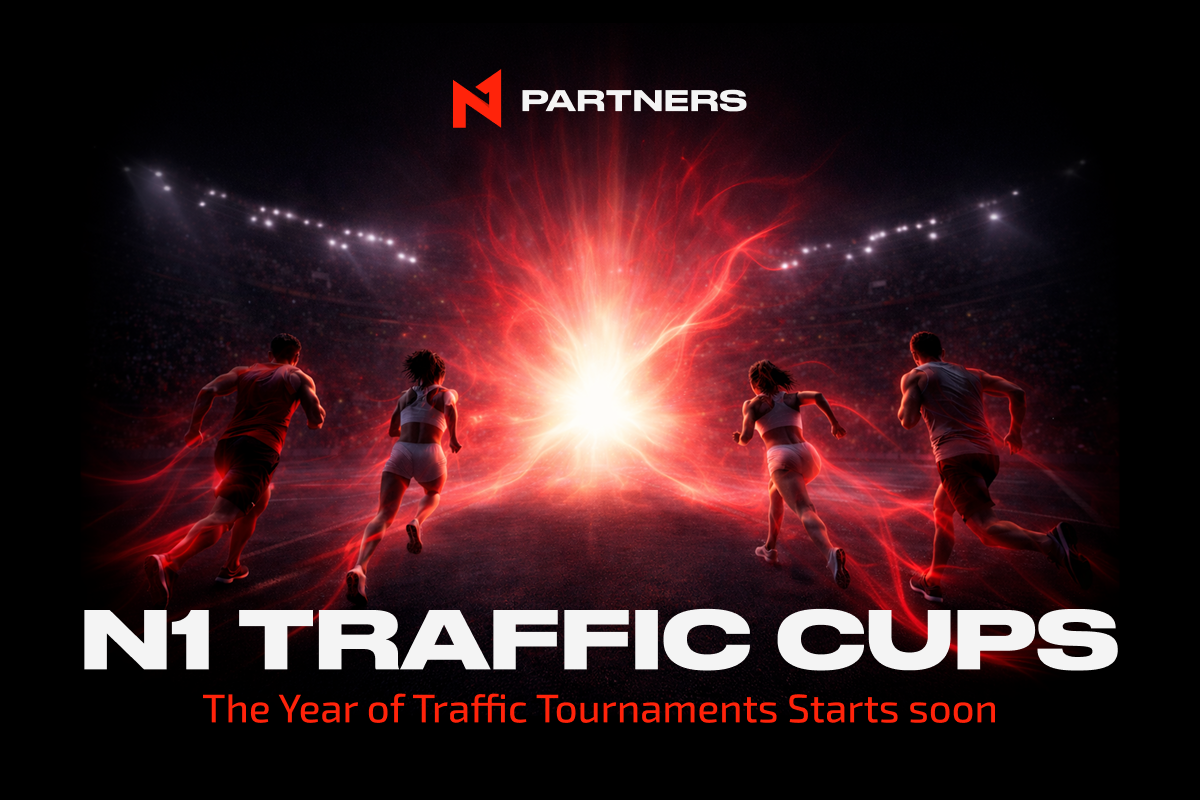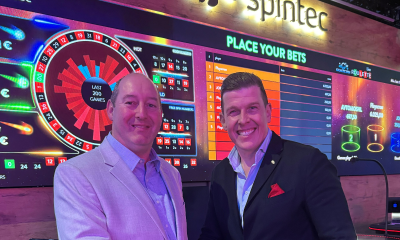Latest News
GambleAware publishes new report on the lived experience of gambling and gambling harms among Minority communities in Great Britain

GambleAware, the leading charity commissioning gambling harm prevention and treatment services in Great Britain, has published research focusing on the experiences of gambling harms among people from minority communities in Great Britain.
The study by Ipsos UK and ClearView Research, supported by the University of Manchester, has confirmed the role that stigma and discrimination can play not just in driving harms, but also in preventing people accessing help and support.
The report shows that people from Minority communities who have any kind of gambling problem.2 are 50% more likely to have experienced racism or discrimination in public, compared to those who do not have a gambling issue (48% vs. 32%). Some participants in the qualitative research described a link between their experiences of discrimination and racism, and susceptibility to gambling harms. These participants pointed to the role of racism and discrimination in exacerbating gambling behaviour, including feelings of social exclusion, reduced employment opportunities and heightened risk of mental health issues.
The report also shows that people from Minority backgrounds who gambled are three times more likely to say their gambling is a ‘coping mechanism’ to deal with challenges in their life, compared to White British people who gamble (18% vs. 6%).
Participants in the qualitative study also identified many barriers stopping them seeking support for their gambling, some of which were because they were members of a Minority community. People from Minority communities were less likely than people from the White British majority group to say they would feel comfortable talking to friends and family if they were worried about their gambling, and also less likely to say they would feel comfortable talking to a gambling support service provider or a healthcare provider.
There was also a relative lack of awareness in Minority communities of where gambling support was available, and some even had a lack of trust in healthcare providers and support services due to previous experiences of racism and discrimination they had faced when seeking healthcare.
Some participants in the study also said they felt they and others from Minority groups could be disproportionately influenced by gambling marketing and advertising. They noted that having limited understanding about the risks involved in gambling could have made them more susceptible to the gambling marketing and advertising they saw.
Zoë Osmond, CEO of GambleAware, said: “Gambling harms can affect anyone, but they can be more common and more damaging in communities that face social inequality – such as these minority groups. Fortunately, help is out there. The National Gambling Support Network offers confidential, tailored support for people from all backgrounds. It also does a lot of community outreach to raise awareness and increase early intervention, so that people from all backgrounds know where to turn and can get help before gambling problems turn into an addiction.”
Daniel Cameron, Research Director at Ipsos, said: “The findings from this study increase our knowledge of why people from Minority communities may experience gambling harm. The study shows that the unique experiences individuals from Minority communities face in their everyday lives can exacerbate the drivers of gambling behaviour and increase the likelihood of facing gambling harms.”
Wendy Knight, who has lived experience of gambling harm and took part in the study, said: “Looking back, I started gambling compulsively after having issues at work. During that period, I spent a lot of my time and money in casinos as gambling became my way of escaping.
“Also, my parents came to the UK from the West Indies during the Windrush era. Since arrival our lives have been about struggling for money. I think that because of the lack of opportunities in disadvantaged communities gambling seems like one of the few ways we could ever get big money.
“When I started recovery, I found it isolating as there weren’t any other black people there. When I walked into the recovery room it was full of white men, but I stayed because I wanted to recover. Plus, I am used to being the only minority in the room.
“However, much more needs to be done to make people from minority backgrounds feel comfortable to go to recovery services for help.”
Dr Dharmi Kapadia, Senior Lecturer in Sociology at The University of Manchester commented: “This research study has shown that minoritised people facing difficult, and often traumatic, life circumstances such as financial hardship, racism and other forms of social exclusion are at risk of gambling harms. Worryingly, gambling help services are often not seen as trustworthy by minoritised people due to past discriminatory experiences of statutory services. Gambling support services need to work on increasing confidence amongst minoritised groups, including how they organise, advertise and deliver services.”
This latest research builds on a Minority Communities & Gambling Harms: Quantitative Report that GambleAware released in March.
GambleAware will also be opening a new funding programme in December 2023, building on the recommendations from this Minority communities research. A total of £4.3m will available to organisations in England, Scotland and Wales.
Anna Hargrave, GambleAware Chief Commissioning Officer, said: “Our new funding programme is a response to research which demonstrated that both women and people from minority ethnic and religious communities face additional burdens of gambling harm as well as barriers in accessing services which meet their needs. Through the fund we will aim to reduce the inequality of experience of gambling harm for women and people from minority religious and ethnic communities.”
Latest News
N1 Traffic Cups: The Year of Traffic Tournaments Starts soon

N1 Partners is launching a new series of traffic competitions, N1 Traffic Cups, with the first tournament set to begin this March. The 2026 program will feature multiple promotional events, including standalone cups and a global championship, offering partners new opportunities to scale performance and compete on an international stage.
The initiative builds on the success of the year-long N1 Puzzle Promo in 2025. Drawing on participant feedback and proven mechanics from that campaign, N1 Partners has developed a refreshed competitive format designed to reward consistent growth, efficiency, and strategic traffic management.
The season opens with the N1 SEO Traffic Cup, introducing a dedicated leaderboard with a tiered performance system and a structure focused on real traffic efficiency rather than scale alone. The spring launch sets the tone for what promises to be a highly competitive year for SEO teams and traffic specialists.
Alexa Bond, Head of Affiliates at N1 Partners, comments on the upcoming launch:
“There are plenty of races and battles in the industry, but it was important for us to create a format that stands out in both spirit and approach. We’re not just preparing another competition – we’re building a story with character, centered around strategy, structure, and true competitive drive.
2026 is a year of major sporting events: the Olympics and the FIFA World Cup. The spirit of competition and top-level achievement perfectly aligns with the DNA of N1 Partners: energy, high performance, and healthy competitive ambition are what motivate and push both us and our partners forward.”
To learn more about the tournament launch, contact N1 Partners Leadgen Manager, Kristina:
Email: [email protected]
Telegram: https://t.me/Christina_N1L
LinkedIn: https://www.linkedin.com/in/christina-ladik-6a7068206/
N1 Partners supports affiliates with a portfolio of more than 14 casino and sportsbook brands, coverage across 10+ Tier-1 GEOs, and commission models including CPA up to €700, RevShare up to 45%, and hybrid options.
The post N1 Traffic Cups: The Year of Traffic Tournaments Starts soon appeared first on Eastern European Gaming | Global iGaming & Tech Intelligence Hub.
Latest News
N1 Traffic Cups: The Year of Traffic Tournaments Starts soon

N1 Partners is launching a series of traffic tournaments N1 Traffic Cups – with the first one kicking off this March. Throughout 2026, partners can expect a variety of promo activities: from standalone cups to a global championship.
This marks a logical continuation of N1 Partners’ community-focused initiatives. Recently, the team summed up the results of N1 Puzzle Promo – a top-tier promotion in the iGaming industry that ran for almost the entire year of 2025. After gathering participant feedback, consolidating the best practices from the successful campaign, and enhancing it with new engaging mechanics and a fresh perspective, N1 Partners developed a brand-new concept. The traffic tournament series will provide additional opportunities for teams working with traffic and focused on consistent performance growth and scaling results.
SEO teams, get ready – the first stage will be the N1 SEO Traffic Cup, opening the new season and setting the tone for the entire 2026 tournament series. A dedicated leaderboard with a tiered level system based on performance, a new competitive format, and a focus not only on scale but also on real traffic efficiency – this spring promises to be truly competitive.
Alexa Bond, Head of Affiliates at N1 Partners, comments on the upcoming launch:
“There are plenty of races and battles in the industry, but it was important for us to create a format that stands out in both spirit and approach. We’re not just preparing another competition – we’re building a story with character, centered around strategy, structure, and true competitive drive.
2026 is a year of major sporting events: the Olympics and the FIFA World Cup. The spirit of competition and top-level achievement perfectly aligns with the DNA of N1 Partners: energy, high performance, and healthy competitive ambition are what motivate and push both us and our partners forward.”
We’ll reveal all the details very soon…
Stay tuned to N1 Partners’ social media channels and follow the latest updates in iGaming media.
To learn more about the tournament launch, contact N1 Partners Leadgen Manager, Kristina:
Email: [email protected]
Telegram: https://t.me/Christina_N1L
LinkedIn: https://www.linkedin.com/in/christina-ladik-6a7068206/
Why N1 Partners?
- 14+ casino and sportsbook brands with Reg2Dep up to 70%
- 10+ Tier-1 GEOs
- CPA up to €700 and RevShare up to 45% + NNCO for top partners + hybrid models
Be number one with N1!
The post N1 Traffic Cups: The Year of Traffic Tournaments Starts soon appeared first on Americas iGaming & Sports Betting News.
Latest News
N1 Traffic Cups: The Year of Traffic Tournaments Starts soon

N1 Partners is launching a series of traffic tournaments N1 Traffic Cups – with the first one kicking off this March. Throughout 2026, partners can expect a variety of promo activities: from standalone cups to a global championship.
This marks a logical continuation of N1 Partners’ community-focused initiatives. Recently, the team summed up the results of N1 Puzzle Promo – a top-tier promotion in the iGaming industry that ran for almost the entire year of 2025. After gathering participant feedback, consolidating the best practices from the successful campaign, and enhancing it with new engaging mechanics and a fresh perspective, N1 Partners developed a brand-new concept. The traffic tournament series will provide additional opportunities for teams working with traffic and focused on consistent performance growth and scaling results.
SEO teams, get ready – the first stage will be the N1 SEO Traffic Cup, opening the new season and setting the tone for the entire 2026 tournament series. A dedicated leaderboard with a tiered level system based on performance, a new competitive format, and a focus not only on scale but also on real traffic efficiency – this spring promises to be truly competitive.
Alexa Bond, Head of Affiliates at N1 Partners, comments on the upcoming launch:
“There are plenty of races and battles in the industry, but it was important for us to create a format that stands out in both spirit and approach. We’re not just preparing another competition – we’re building a story with character, centered around strategy, structure, and true competitive drive.
2026 is a year of major sporting events: the Olympics and the FIFA World Cup. The spirit of competition and top-level achievement perfectly aligns with the DNA of N1 Partners: energy, high performance, and healthy competitive ambition are what motivate and push both us and our partners forward.”
We’ll reveal all the details very soon…
Stay tuned to N1 Partners’ social media channels and follow the latest updates in iGaming media.
To learn more about the tournament launch, contact N1 Partners Leadgen Manager, Kristina:
Email: [email protected]
Telegram: https://t.me/Christina_N1L
LinkedIn: https://www.linkedin.com/in/christina-ladik-6a7068206/
Why N1 Partners?
- 14+ casino and sportsbook brands with Reg2Dep up to 70%
- 10+ Tier-1 GEOs
- CPA up to €700 and RevShare up to 45% + NNCO for top partners + hybrid models
Be number one with N1!
-

 Aphrodite’s Kiss5 days ago
Aphrodite’s Kiss5 days agoLove on the Reels: Slotland Introduces “Aphrodite’s Kiss”
-

 Amusnet5 days ago
Amusnet5 days agoWeek 7/2026 slot games releases
-

 Denmark6 days ago
Denmark6 days agoRoyalCasino Partners with ScatterKings for Company’s Danish Launch
-

 Baltics6 days ago
Baltics6 days agoEstonia to Reinstate 5.5% Online Gambling Tax From March 1
-

 Booming Games6 days ago
Booming Games6 days agoTreasure Hunt Revival — Booming Games Launches Gold Gold Gold Hold and Win
-

 Brino Games5 days ago
Brino Games5 days agoQTech Games integrates more creative content from Brino Games
-

 ELA Games6 days ago
ELA Games6 days agoELA Games Unveils Tea Party of Fortune — A Magical Multiplier Experience
-

 Bet Rite6 days ago
Bet Rite6 days agoSpintec Expands into Canada with Bet Rite































